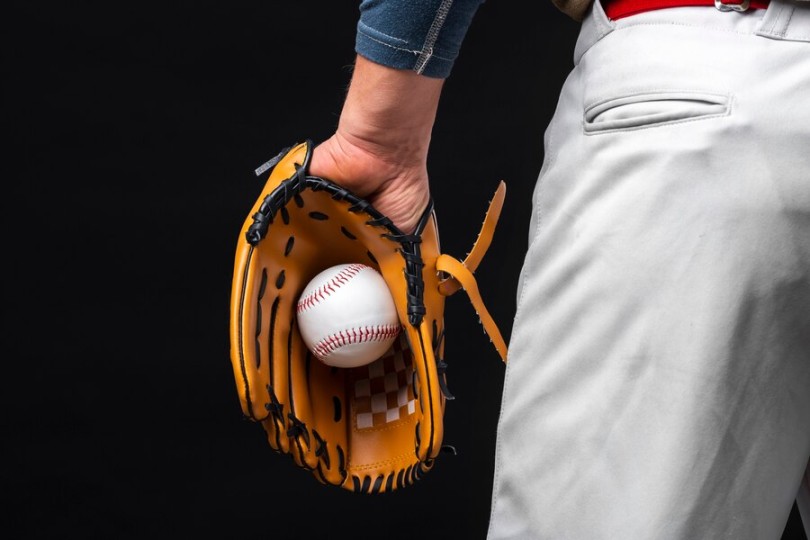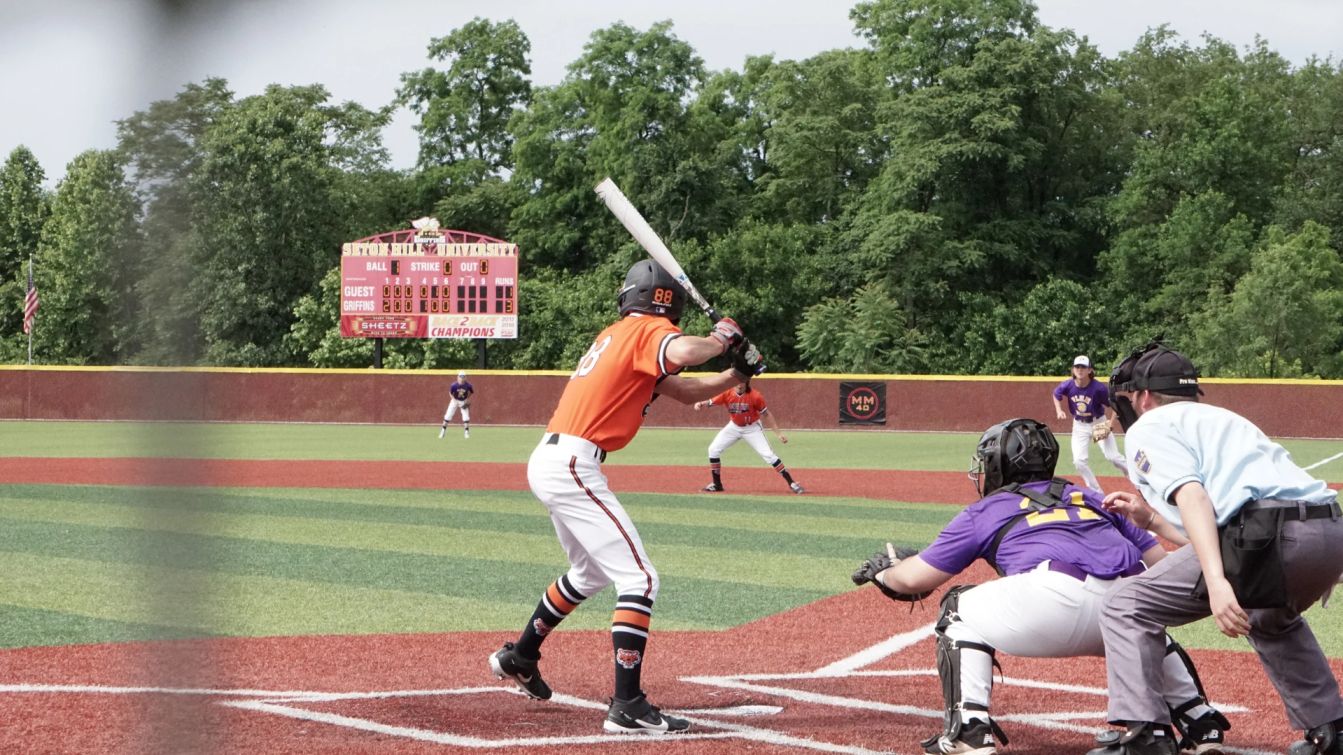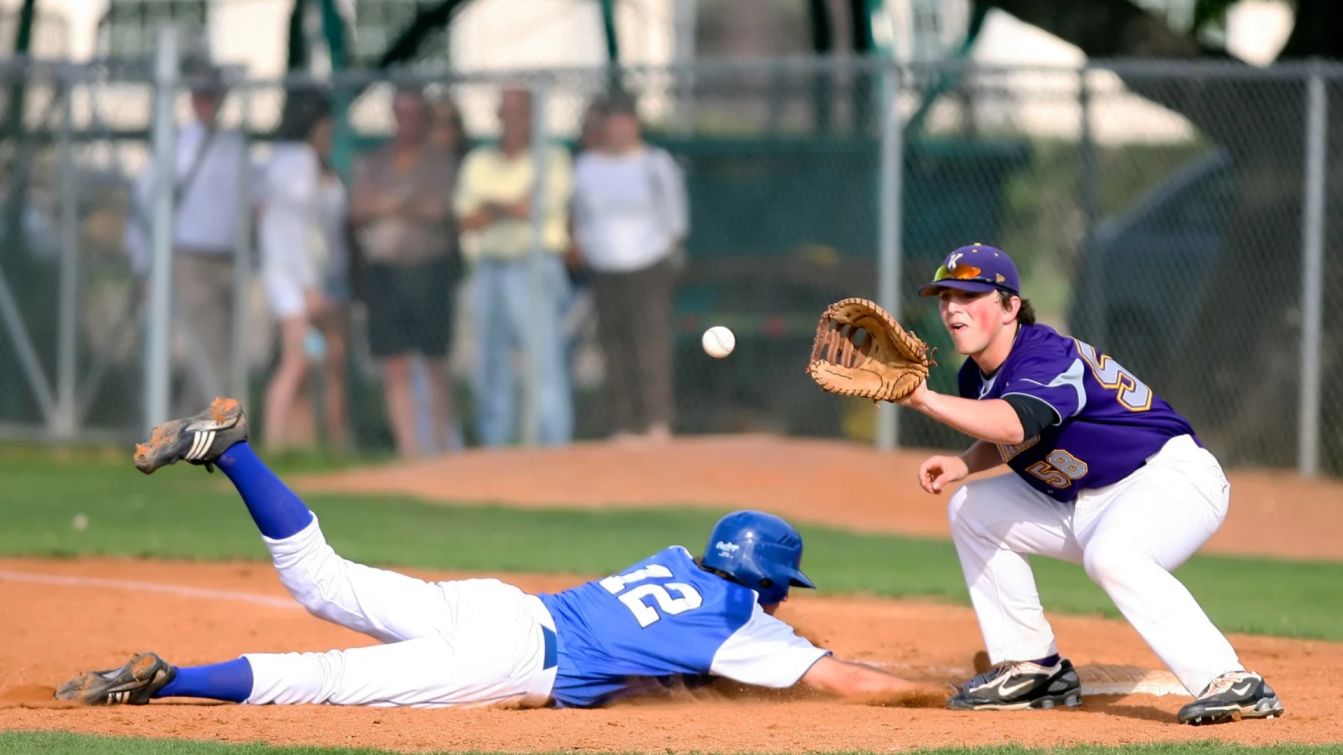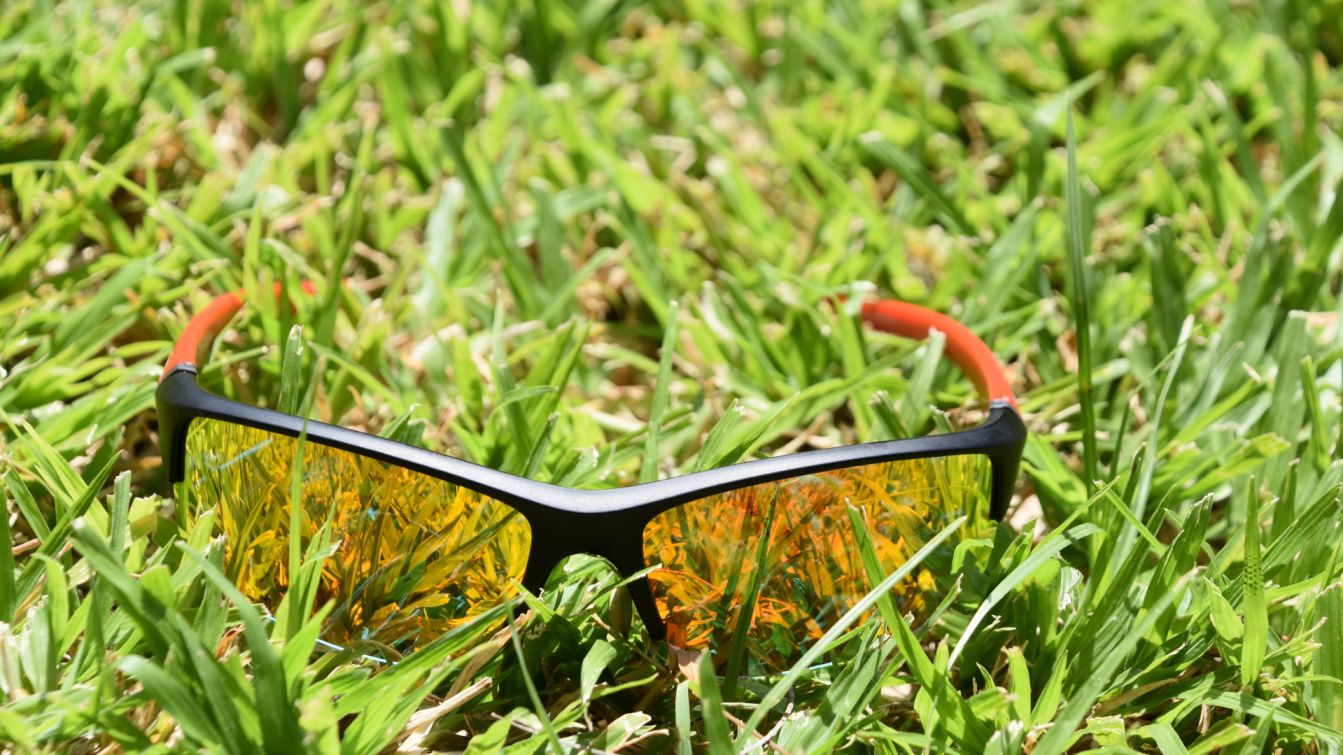Can Pitchers Wear Sunglasses?

Many baseball players often wonder if pitchers can wear sunglasses while playing. Bright sunlight and stadium lights can make it difficult for pitchers to see clearly. Some worry that sunglasses may distort their vision or break an unwritten rule of baseball. However, the rules allow for sunglasses as long as they don't provide an unfair advantage.
While sunglasses were once considered unnecessary, their use has grown as players recognize the benefits. With extended time spent underneath the sun's glare, sunglasses can assist pitchers in maintaining sharp vision for the duration of long games. They also guard the eyes against potential damage from UV rays.
According to Major League Baseball regulations, pitchers can wear baseball shades on the mound. The lenses must be clear or lightly tinted so that the eyes can still be seen. Can pitchers wear sunglasses? Read on to find out!
Are Pitchers Allowed To Wear Sunglasses?

Pitchers are often curious if they can wear sunglasses on the mound. While there is technically no rule against sunglasses, some umpires may decide that the lenses are too dark and shade the eyes too much and request they be removed. Sunglasses can help pitchers in several ways should they be allowed to be worn.
For those with normal vision, sunglasses help protect the eyes from the sun's glare. Pitching while looking into bright sunlight can make it difficult to see the defensive player and gauge where your pitches are going. Sunglasses cut down on this glare so you can see more clearly. They may even assist those with minor vision problems by reducing squinting.
Sunglasses also provide UV protection for the eyes. Pitchers spend many hours practicing and playing outdoors, so their eyes are regularly exposed to the sun's damaging UV rays. Pitchers with glasses shield their delicate eye area from this exposure. Overall, sunglasses pose no issues according to baseball rules and may help pitchers perform better by improving vision and eye health.
Why Should You Opt for Baseball Sunglasses?

Have you ever played baseball under the hot sun and felt like your eyes would burn out of your skull? Or did you have trouble seeing the ball because of the glare? Baseball sunglasses can help solve those problems so you can focus on the game.
Whether you're watching from the stands or batting up to the plate, the right shades can make all the difference in baseball. Let us tell you some of the key benefits baseball sunglasses provide over regular shades:
Wraparound Design
The wraparound lenses maximize your visible area. It means the lenses extend out to the sides offering uninterrupted vision. This is great for baseball because you need your full peripheral vision to follow the action on the field. No more squinting through tiny lenses to see what's happening to your left or right!
Better Contrast
Baseball sunglasses when fitted with a brown lens can improve depth perception. This provides better contrast on the field so you can see the white baseball against the green grass or blue sky. Some even have photochromic or transition lenses that automatically get darker in bright light for optimal vision in various conditions. The tint also cuts down on glare bouncing off the field, which can obscure your view of the ball.
UV Protection
We've all heard how important sun protection is for our eyes. Prolonged sun exposure over years of playing baseball outside can increase your risk of eye problems like cataracts down the road. Look for a pair that blocks 100% UV rays to keep your eyes safe. Bonus if they also offer blue light protection from digital devices. So, baseball players wearing sunglasses will be protected from UV rays if they wear UV-protected sunglasses.
Available in Prescription Options
If you already wear prescription glasses, many baseball sunglasses styles come in prescription versions, so you don't have to choose between seeing or protecting your eyes. With a fast-moving baseball, seeing the ball a fraction of a second sooner can give you an edge in hitting the ball at the perfect time.
So, baseball sunglasses are designed from the ground up for the sport. The wraparound coverage, optimized lens tint, UV protection, and prescription options give you everything you need while playing. Investing in a good pair is worth it to improve your game and eye health for years of baseball fun in the sun!
Things To Keep in Mind Before You Buy Baseball Sunglasses

Avoid any styles with mirrored or highly reflective lenses. According to rules set by the National Federation of State High School Associations (NFHS), reflective surfaces are not allowed on any part of a baseball player's uniform or equipment on the field. This is because reflections could distract other players or even ruin their view of the ball.
If umpires in your league do not allow true sunglass lenses because they can’t see your eyes, there are “sunglass” options that have lighter tints that will satisfy the umpires. Lighter tints will give you the 100% UV protection you need out in the sun and will reduce the glare to some extent to help reduce eye strain.
If squinting and glare are your biggest issue, don't let worries about depth perception stop you from considering polarized lenses. The AAO study found that Polarized lenses have minimal effect on depth perception. Not only do they not mess with your vision, but polarized lenses can help the eye relax in extreme glare situations This lets you stay focused on the game. So don't be afraid to choose a pair of baseball sunglasses with polarization for optimal vision on the field. But note, polarized lenses are typically darker so don’t wear polarized lenses in leagues that require that your eyes need to be seen to wear them.
Conclusion
Whether you're a professional baseball player or hit the pitch for fun on the weekends, sunglasses can be an important part of your baseball gear. They help you see the ball better and protect your eyes from the sun. By finding a pair that fits your face and suits how you play, sunglasses let you focus on what matters - throwing strikes and helping your team win. Don't forget your shades at home, they could be the most underrated accessory to help you dominate on the mound. So there you have it, this settles the debate for good - you can check our range of baseball sunglasses and level up your game on the field with Sporteyes!
25 Jun 2024
Categories: Uncategorized